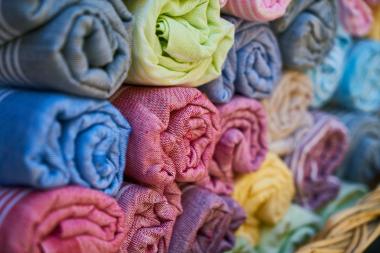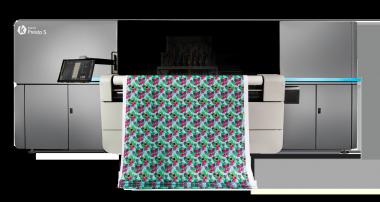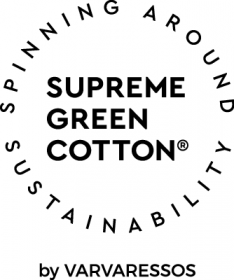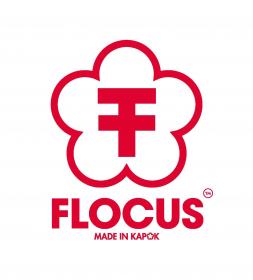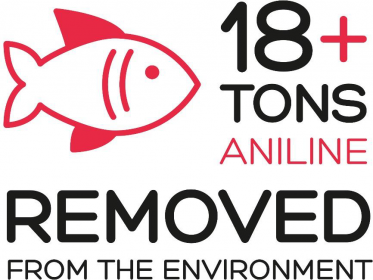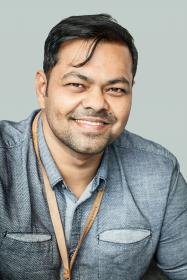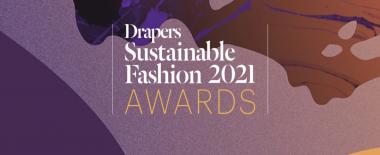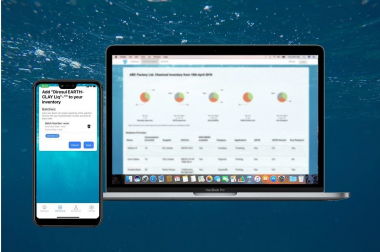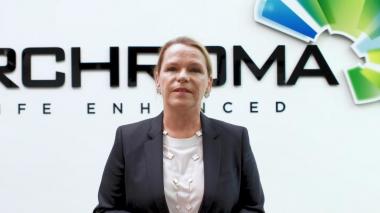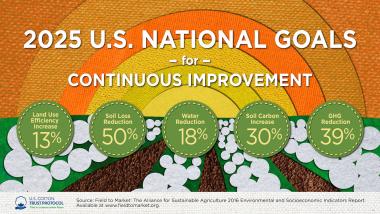Dow and Cotton Inc. are combining expertise for more Sustainable Fashion
Combining expertise for more sustainable fashion
Ever wonder how much water was used to make your favorite cotton T-shirt? About 2,700 liters, or roughly three years of drinking water. What first comes to mind is probably the water that was essential to growing the cotton crop. Surprisingly, cotton is a drought-tolerant plant, and often less recognized is the strain that can be put on water resources to dye cotton textiles.
Progress is being made across the industry to lessen the strain on our precious water resources. Over the past several years, Dow collaborated with Cotton Incorporated to research and validate their product, ECOFAST™ Pure Sustainable Textile Treatment, that can help drastically reduce water and chemical use during the dyeing process. Major fashion brands are integrating it into their supply chain to dye more sustainably, without sacrificing color or quality.
Problem
Cotton dyeing is very resource-intensive and puts strain on local waterways. A large amount of water is used in the dyeing process – up to 5 trillion liters a year, or nearly enough to supply all of humanity with drinking water. Significant amounts of chemicals and dye are needed to get the desired colors consumers expect too. This is part of the reason textile mills account for 20% of industrial water pollution globally. Wastewater from the dyeing process can be polluting and require costly treatment and these challenges are found in regions that already face water scarcity.
Solution
Reforming processes in an industry as established as textiles is no easy feat. Collaboration across the sector is needed to bring about sustainable change. With that in mind, Cotton Incorporated approached Dow. They wanted help scaling a cotton technology to support more sustainable textile dyeing.Leveraging Cotton Incorporated’s industry expertise and Dow’s material science knowledge, they worked together to understand and validate the benefits of our patented ECOFAST™ Pure Sustainable Textile Treatment.
How can colors be more responsible?
ECOFAST™ Pure is a pretreatment applied before the dyeing process to produce cationic cotton. This means the charge of cotton is permanently changed from negative to positive, so it acts like a magnet to attract negatively charged dye to the material. How does that benefit the textile mill? It significantly decreases the amount of water, chemicals, dye and energy needed to color cotton. A third party reviewed and validated life cycle assessment, available by request, helped further prove the benefits.
G&S Business Communications


